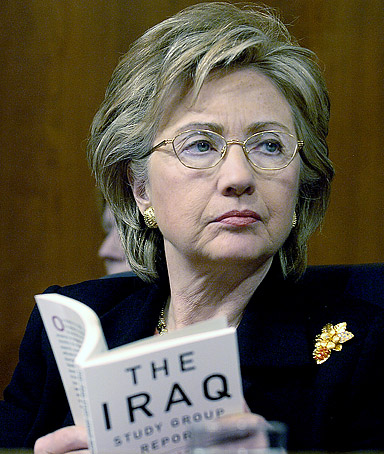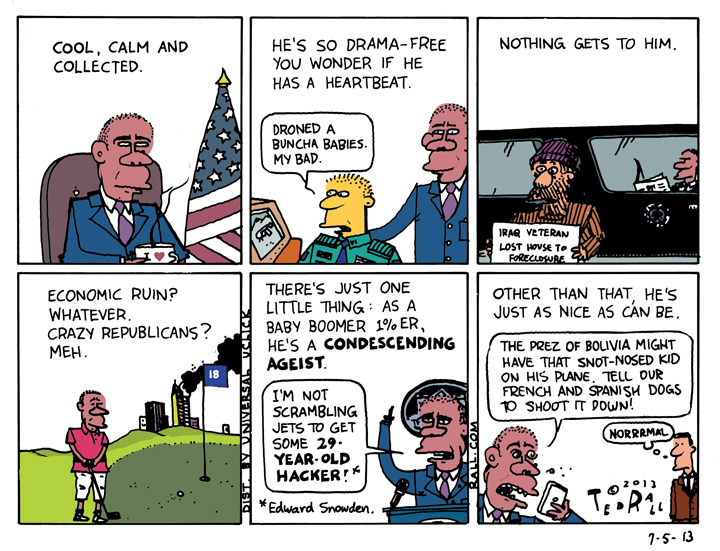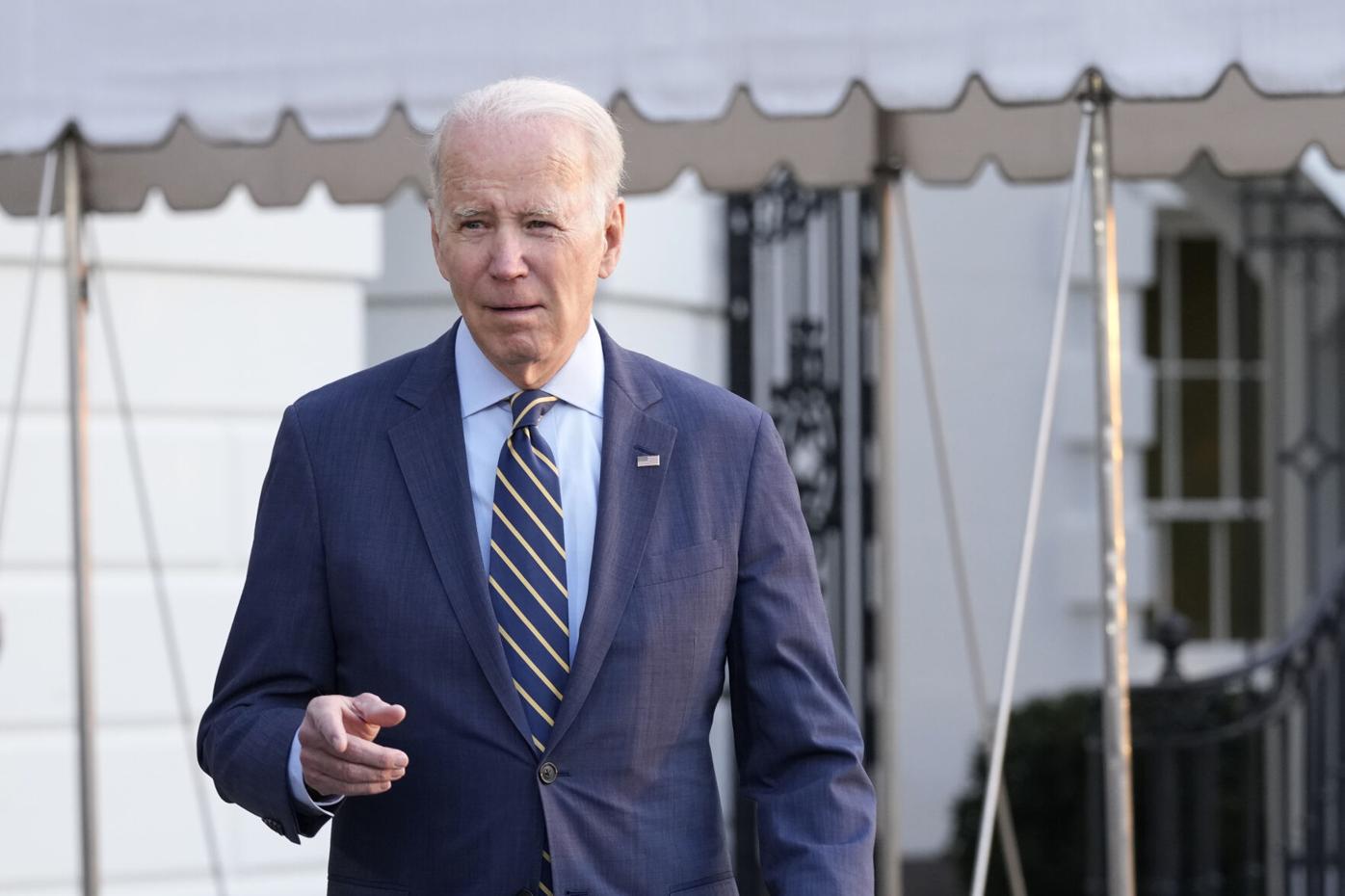
A new Washington Post-ABC News poll places the President’s approval rating at a record low, 36%. In the modern era, no president has been reelected with numbers like these.
58% of Democrats want their party to nominate someone other than Joe Biden in 2024. Of Democrats.
If the election were held today, Donald Trump would beat Joe Biden by four points.
Only 32% of voters think Biden has sufficient mental sharpness to do a president’s job.
This, as grim is it all is, is the good news. Enjoy, Democrats! Because it’s downhill from here. The economy is, as usual stupid, the biggest issue; just as the campaign begins this fall, so will a recession, according to the Federal Reserve Bank. Then there’s Hunter Biden’s pesky laptop, the gift that keeps on giving to the Republicans. Whether Joe proves to be “the big guy” who gets slices of kickbacks or the $13 million that mysteriously wound up in his bank account in 2017 and 2018 turns out to be a bribe paid by an Uzbekistani telecom or some other scandal related to the crack-addict deadbeat-dad son who refuses to shut up, it’s beginning to smell a lot like whoop-ass.
Biden reminds me of the classic “Tales from the Darkside” episode in which a grandfather is too stubborn to admit that he’s dead even as chunks of flesh slip off his face. The American people have a clear, loud message for the president, which he refuses to hear: we hired you for one term. Which is kind of what he promised.
It isn’t, of course, too late to reverse course. Nothing prevents the president from announcing: “Well, on second thought, actually I’d like to spend more time with my great-great-grandchildren.” Who knows? With Joe an officially lame duck, Kamala Harris might step up and impress us with her border czarina gig—or her new AI thingie.
Could be he’s up to some 17-dimensional chess, as suggested by my fellow Centerclip contributor Rina Shah. Shah recently mused, and I think she’s on to something, that Biden officially announced in order to clear the field of Democratic competitors and set the stage for him to anoint his chosen successor whether they be Harris or someone less impressively unpopular. Such political bait-and-switch would be a new low—but don’t forget, we are talking about a guy who got 51 former intelligence officers to manipulate a presidential election for him, while risking World War III.
Short of these two options, what can an incumbent president who is disliked, disrespected and deemed to be dim, do to dodge defeat?
We know what Democrats plan to do: what worked in 2020.
Biden will point out that he’s not Trump. “Compare him to the alternative,” Biden surrogate Senator Chris Coons (D-DE) says. He won’t campaign. “Frankly, the best way to run for re-election as president is to be president,” Coons argues. He’ll avoid debating his Democratic primary challengers. He’ll hope Trump goes to prison (as if the legal system could act quickly).
But 2024 isn’t 2020. The pandemic is over. America is outside again. Americans expect their president to be out there with them.
“Watch me. It’s all I can say.” That’s what Biden says whenever a reporter asks whether he’s too old for his job. Trouble for him is, we have been watching—for three years—and the results are in that Washington Post-ABC News poll. Fair or not, we don’t like what we see.
Biden and the Democrats can’t talk their way out of the widespread perception that the president is past his due date. Cries of “ageism” are falling on deaf ears, including among the 62% of voters over age 65 who think Biden is too old. There’s one possible solution: stop hidin’ Biden.
Put the President out in front of the White House press corps every single day of the week, fielding unscripted questions, no cheatsheets allowed. Have him do weekly town halls, including in hostile Republican territory. Grant presidential interviews to vicious right-wingers like Sean Hannity—and don’t forget left-wing progressives. If Biden does all that for months on end and manages to hold his own, he might turn some of us into believers.
Biden’s staffers and advisers, many of whom worked for Obama, are not stupid people. They know what must be done to save this doomed reelection campaign. Unfortunately, they know they can’t do it. Biden isn’t up to a tough race.
So here the Democrats go, eyes wide-open, standing like idiots on the tracks as the train appears in the distance and slowly draws nearer. Disaster is as avoidable as can be. They can amble off those tracks any time. All they have to do to save themselves is make a move.
Right now, they’re paralyzed.
(Ted Rall (Twitter: @tedrall), the political cartoonist, columnist and graphic novelist, co-hosts the left-vs-right DMZ America podcast with fellow cartoonist Scott Stantis and co-hosts “The Final Countdown” radio show Mon-Fri 10 am – 12 noon ET. You can support Ted’s hard-hitting political cartoons and columns and see his work first by sponsoring his work on Patreon.)

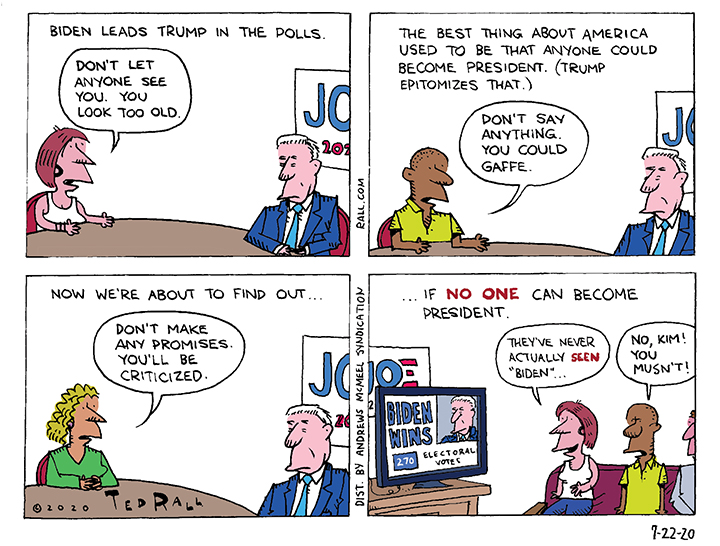

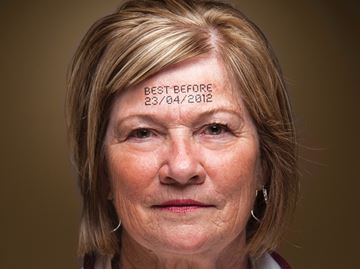
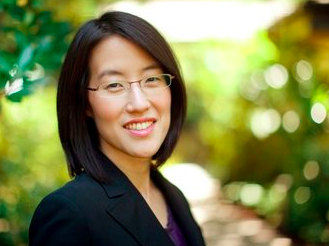 “What’s Really at Stake in Ellen Pao’s Kleiner Perkins Lawsuit,”
“What’s Really at Stake in Ellen Pao’s Kleiner Perkins Lawsuit,” 

